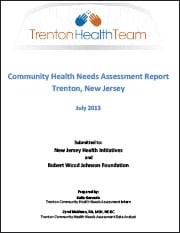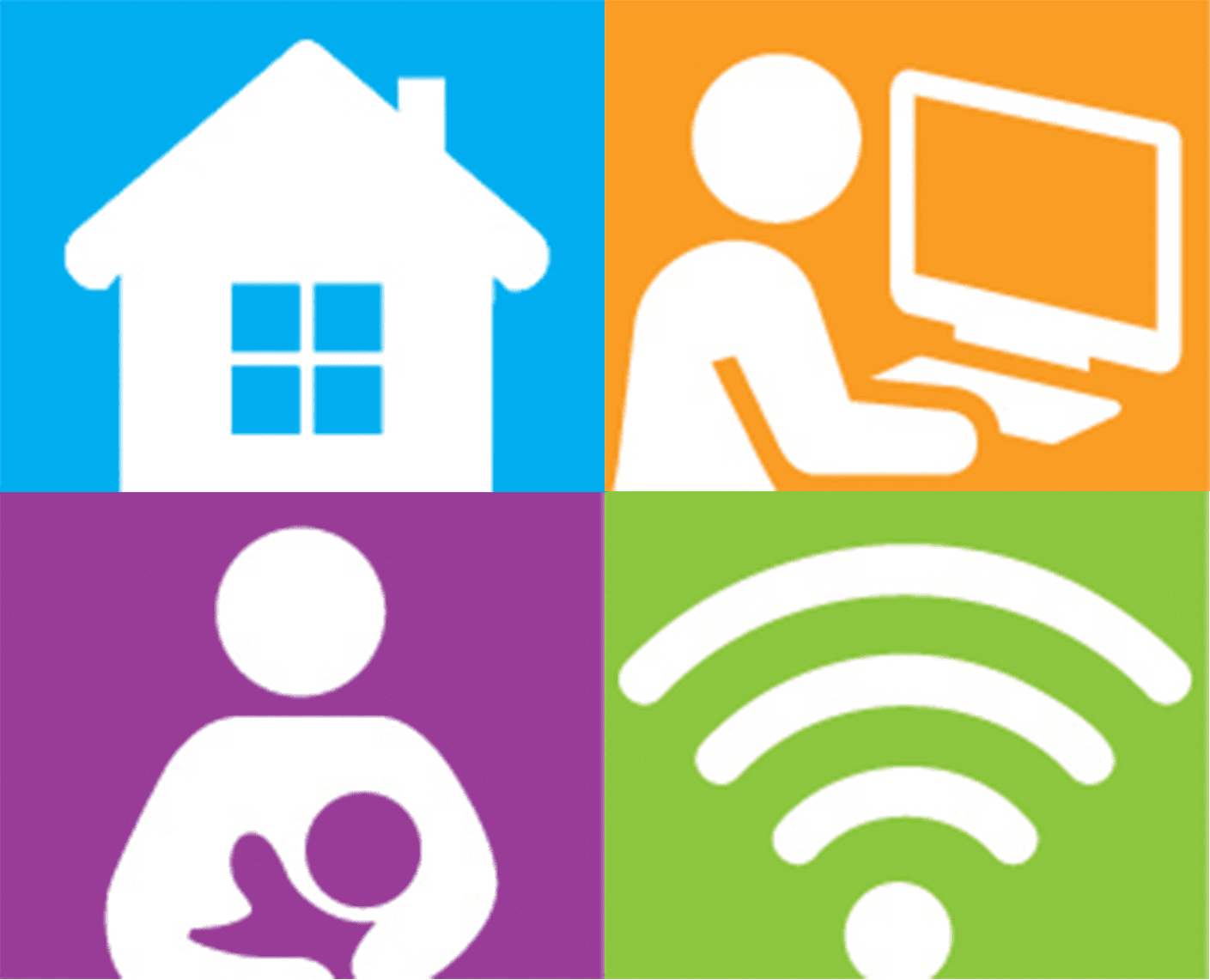THT Community Health Needs Assessment – 2013 July
A comprehensive, data-informed Community Health Needs Assessment (CHNA), in which Trenton residents played a key role in identifying and articulating the city’s top health priorities.
Non-profit organizations create government-mandated CHNAs and Community Health Improvement Plans (CHIPs) to determine what the community needs and how to allocate resources to those ends.
THT, a collaborative of the city’s two hospitals, St. Francis Medical Center and Capital Health; its only Federally Qualified Health Center, Henry J. Austin Health Center and the city government’s Department of Health & Human Services, has partnered with 29 community and social service agencies across Trenton in a new approach to develop one CHNA for the city as a whole.
By building the Trenton community into this CHNA along with site-specific health data, the THT is furthering its mission to transform healthcare for the city by partnering with the community to provide quality, coordinated care in more sustainable ways.
This CHNA effort, funded through a grant from New Jersey Health Initiatives and the Robert Wood Johnson Foundation, has allowed residents and THT to take a vital first step in improving population health of the city.
The CHNA identified five health priorities that require community-wide attention and focus: obesity/health lifestyles, substance abuse/behavioral health, safety and crime, chronic disease and health literacy and disparities.
Poverty serves as the backdrop for the emerging priorities of this CHNA, which impacts the residents in the following ways:
- Income – Data from 2010 show that 36.3 percent of Trenton’s total population lives below 200 percent of the federal poverty level. The child poverty rate is 32.6 percent.
- Housing and homelessness – Two-thirds of Trenton residents are renters, and half of these residents pay one-third to one-half of their monthly income on housing expenses, leaving little money to cover other expenses, including education that might lead to a higher income. Between 2009 and 2012, the estimated homeless population in Trenton ranged from 500 to 700 adults and approximately 300 children.
- Education, employment and unemployment – Lack of education fuels the city’s unemployment rate, which averages nine percent across the six zip codes. The majority of jobs in Mercer County require high educational attainment and skill levels, placing the majority of Trenton residents at a disadvantage when seeking jobs.











